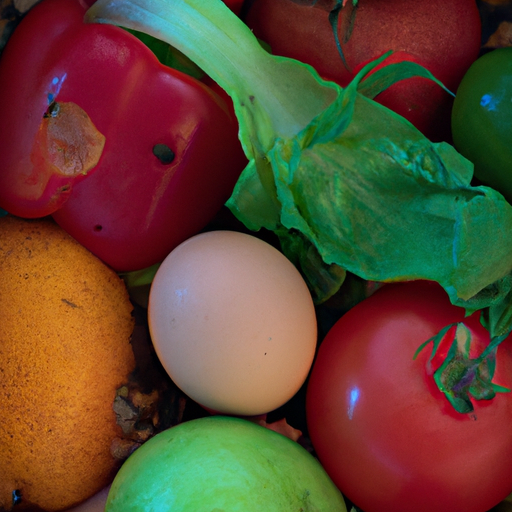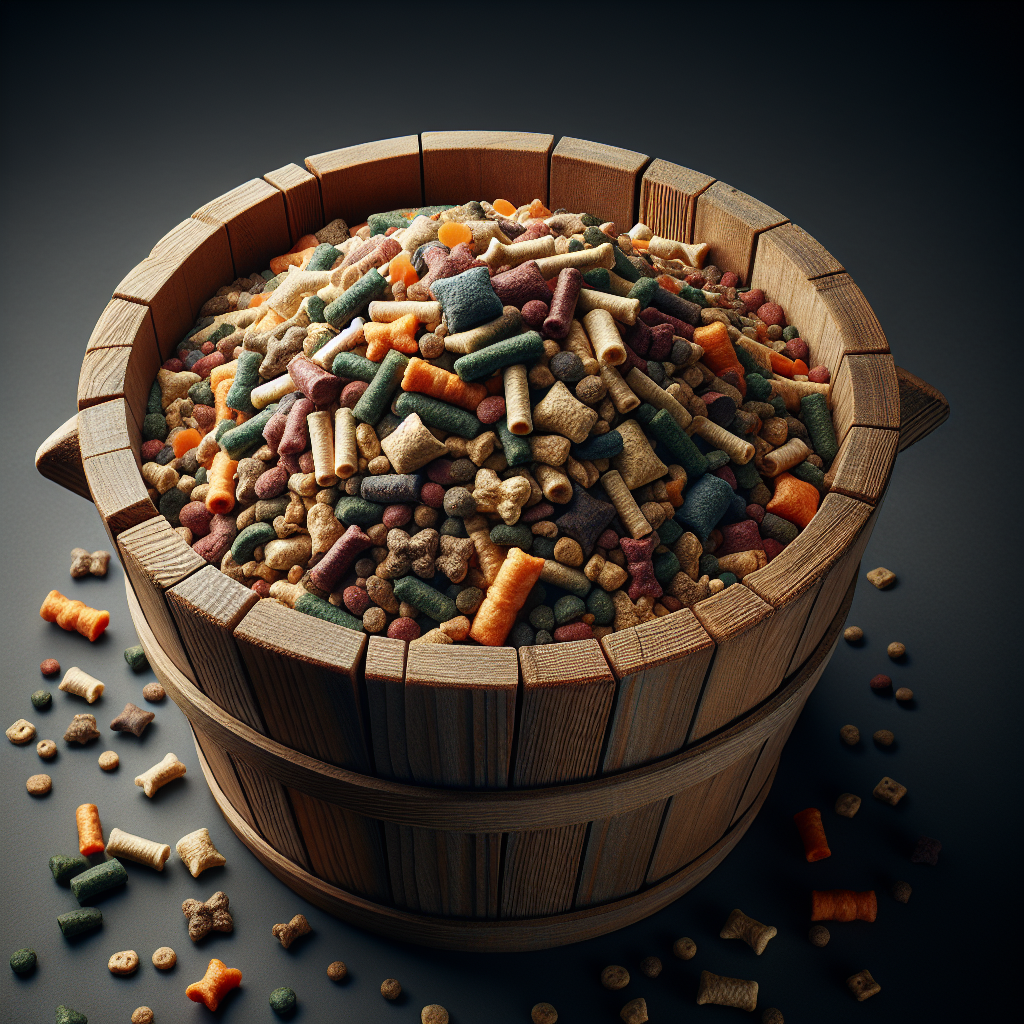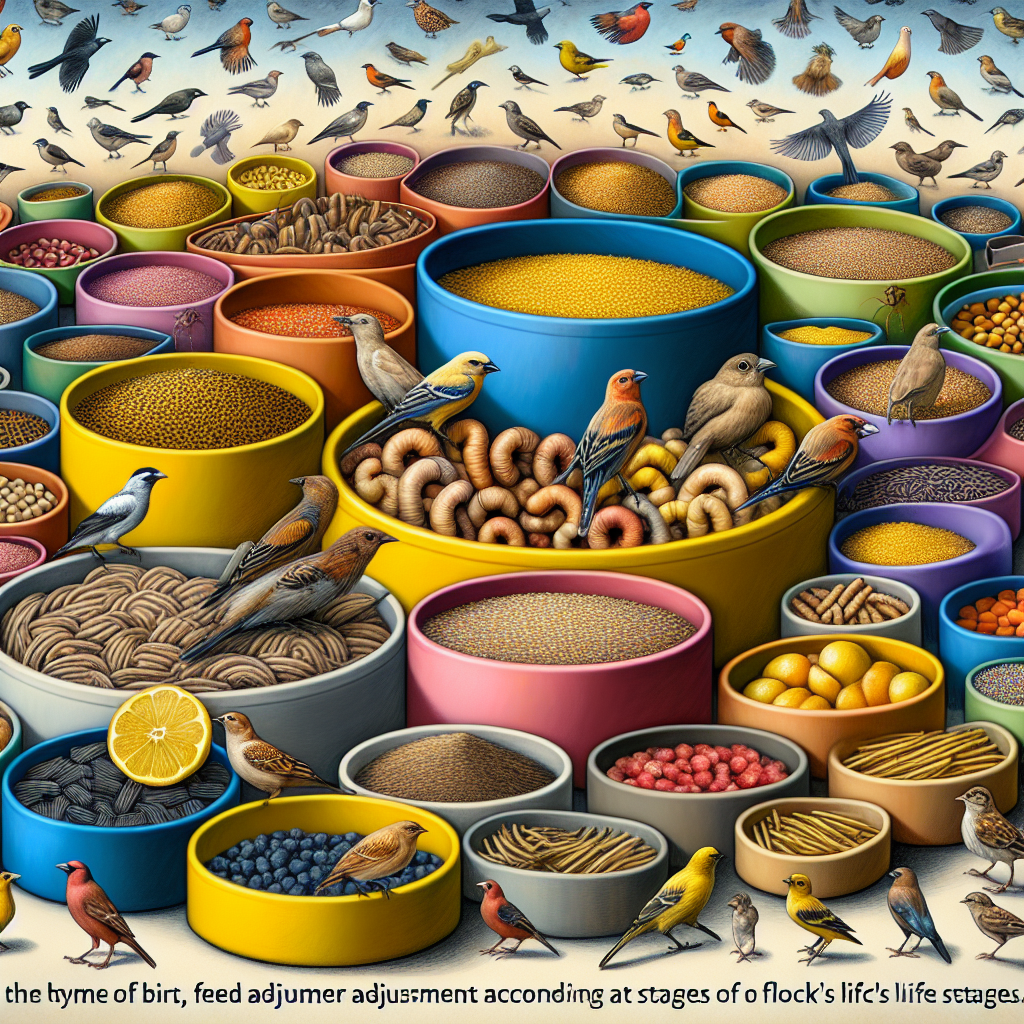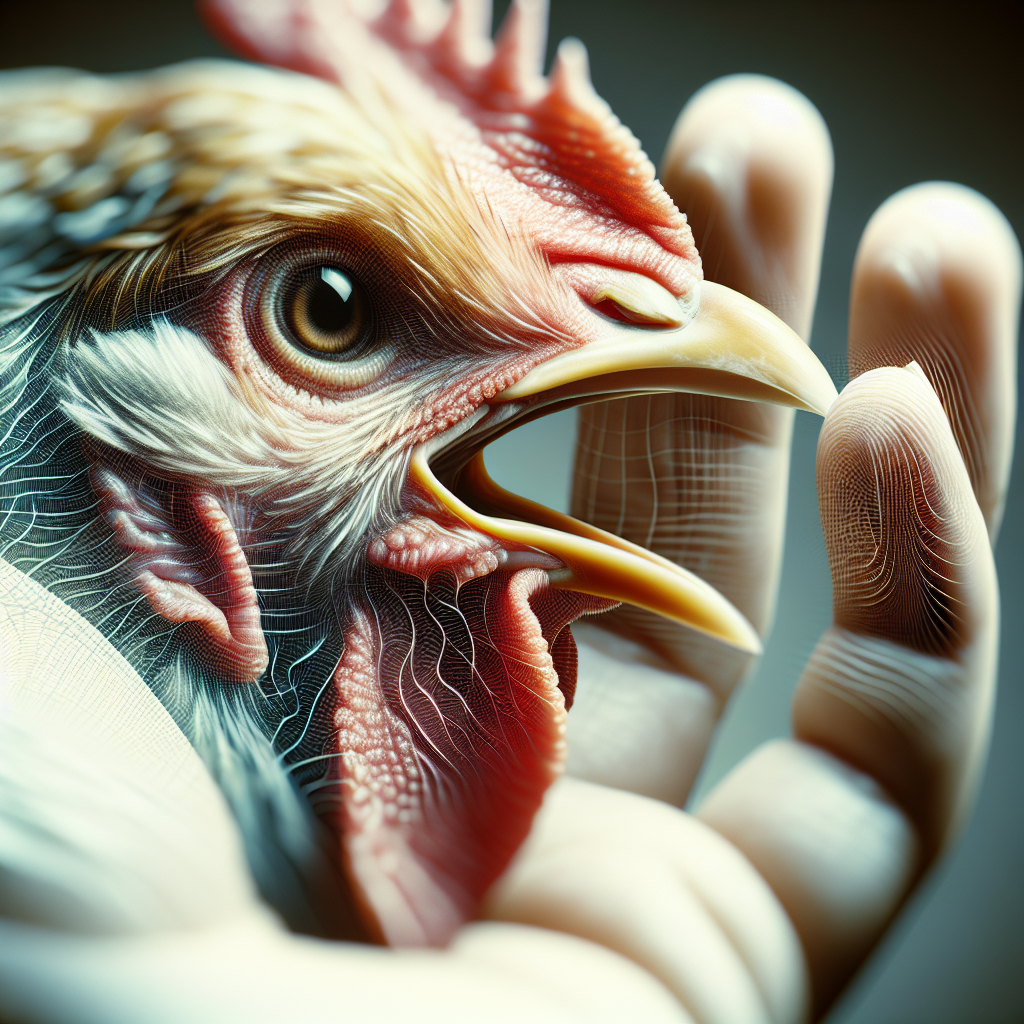As your hens age and enter into their golden years, it’s important to provide them with the proper nutrients to support their overall health and well-being. Just like humans, elderly or retired hens have specific dietary needs that differ from those of their younger counterparts. This article explores the important nutrient considerations to keep in mind when caring for your aging feathered friends. From protein and calcium to vitamins and minerals, discover the key elements that will help your hens thrive in their later years.
Nutritional Needs of Elderly or Retired Hens
As hens age and enter their retirement phase, their nutritional needs undergo significant changes. Just like humans, elderly or retired hens require specific nutrients to maintain their health and well-being. In this article, we will delve into the various considerations for the nutritional needs of these hens, including energy requirements, protein requirements, vitamin and mineral requirements, calcium and phosphorus considerations, water intake, feeding frequency, dietary fiber, feeding for optimal gut health, and considerations for mobility.
Energy Requirements
One of the primary factors to consider when feeding elderly or retired hens is their reduced energy needs. As hens age, their activity levels tend to decrease, leading to a decrease in energy expenditure. Consequently, it is crucial to ensure that their diet provides an appropriate amount of energy to prevent weight gain and associated health issues. By maintaining an appropriate weight, hens can improve their overall health and quality of life.
Protein Requirements
Maintaining muscle mass is vital for the health and mobility of elderly or retired hens. Therefore, it is important to meet their protein requirements. Evaluating the protein quality in their diet becomes essential to ensure that they receive the necessary amino acids. High-quality protein sources such as soybean meal, fish meal, and poultry by-products can be incorporated into their diet to meet their protein needs effectively.
Vitamin and Mineral Requirements
Elderly or retired hens may have specific vitamin and mineral requirements that vary from those of younger hens. Adequate vitamin intake is crucial for optimal health, immune function, and overall well-being. Similarly, providing appropriate minerals becomes essential to support various bodily functions. Additionally, considering antioxidant support through vitamins such as vitamin E can help combat the effects of aging and enhance the hens’ overall vitality.
Calcium Considerations
Calcium plays a crucial role in the nutrition of hens, particularly for egg production. However, as hens age or retire from their egg-laying days, their calcium needs decrease. Adjusting their diet to incorporate reduced calcium levels is important to prevent imbalances and potential health issues. While reducing calcium intake, it is equally important to focus on maintaining bone health for the hens, as they still rely on their bones for mobility and support.
Phosphorus Considerations
Phosphorus is another essential mineral that contributes to bone strength and overall health in elderly or retired hens. Maintaining proper phosphorus levels is crucial to ensure that the hens’ bones remain strong and healthy. Providing an appropriate balance of phosphorus, along with calcium, promotes optimal bone health and reduces the risk of skeletal issues as hens age.
Water Intake
Ensuring ample hydration is essential for the well-being of elderly or retired hens. Adequate water intake promotes proper digestion, regulates body temperature, and supports overall health. Monitoring the water consumption of hens becomes crucial, as reduced water intake can indicate potential health problems. Additionally, ensuring the quality of water is suitable for consumption is essential to prevent any waterborne diseases.
Feeding Frequency
Proper feeding frequency is an important consideration when it comes to the nutrition of elderly or retired hens. Providing meals at appropriate intervals ensures that hens receive consistent nutrition without overfeeding. This helps prevent obesity, which can lead to various health issues, including joint and mobility problems. Monitoring feed intake and adjusting meal frequency accordingly is vital for maintaining the optimal health of these hens.
Dietary Fiber
Dietary fiber plays a pivotal role in gut health for all hens, including elderly or retired ones. It aids in proper digestion and can help prevent common digestive issues. Incorporating sources of dietary fiber, such as vegetables and fruits, into the hens’ diet can help maintain optimal gut health and support overall well-being. However, it is essential to strike a balance and not provide excessive fiber intake, which may cause digestive disturbances.
Feeding for Optimal Gut Health
The gut health of elderly or retired hens is of utmost importance. A healthy gut ensures proper digestion, nutrient absorption, and overall well-being. To promote optimal gut health, consider incorporating probiotics or prebiotics into their diet. These supplements help enhance the beneficial bacteria in the gut, ensuring a robust digestive system and improved nutrient utilization.
Considerations for Mobility
As hens age or retire, considerations for their mobility become crucial. Joint and bone health play a significant role in their ability to move comfortably and without pain. To support their mobility, it is essential to include supplemental nutrients such as glucosamine and chondroitin in their diet. These nutrients can help maintain joint health and reduce the risk of age-related mobility issues. Additionally, making environmental modifications such as providing ramps or low perches can assist the hens in maintaining their mobility and minimize any physical strain.
In conclusion, meeting the nutritional needs of elderly or retired hens requires careful consideration of several factors. By ensuring appropriate energy, protein, vitamin, and mineral intake, along with sufficient water and dietary fiber, these hens can enjoy a healthy and fulfilling retirement. Additionally, promoting gut health and addressing mobility concerns can contribute to their overall well-being and longevity. Through proper nutrition, these hens can thrive in their golden years and continue to bring joy to their caretakers.




